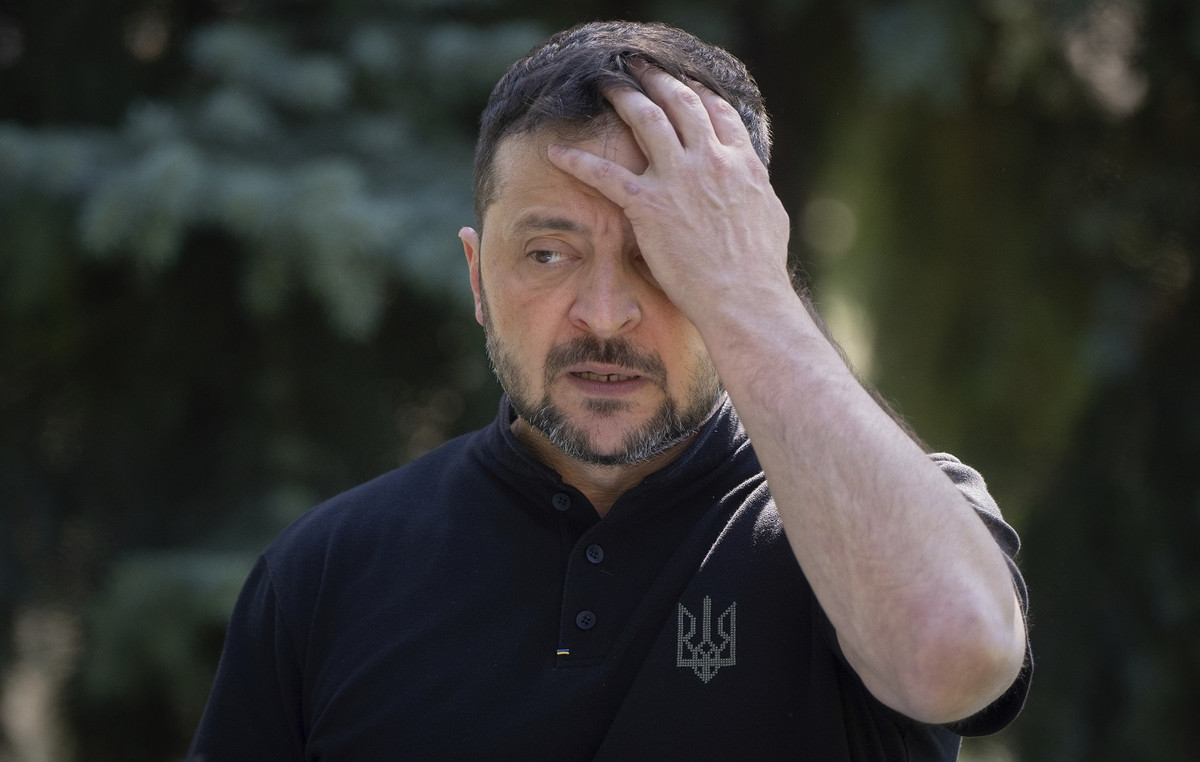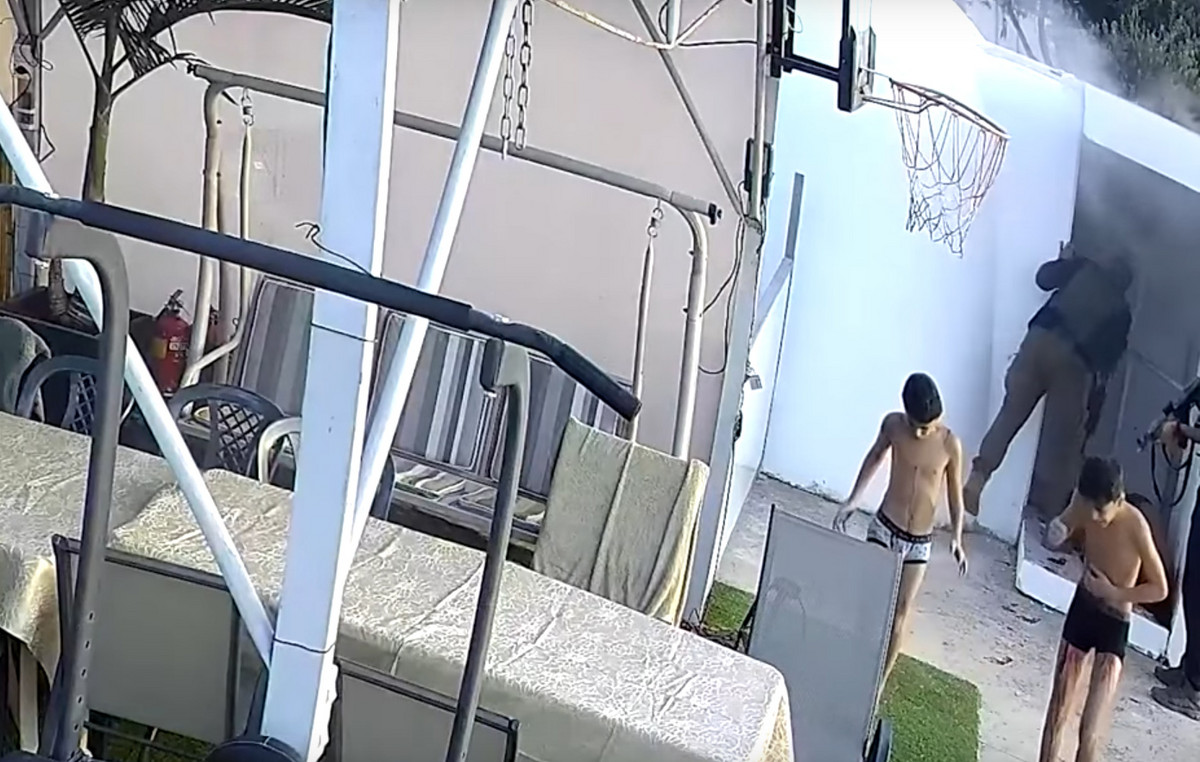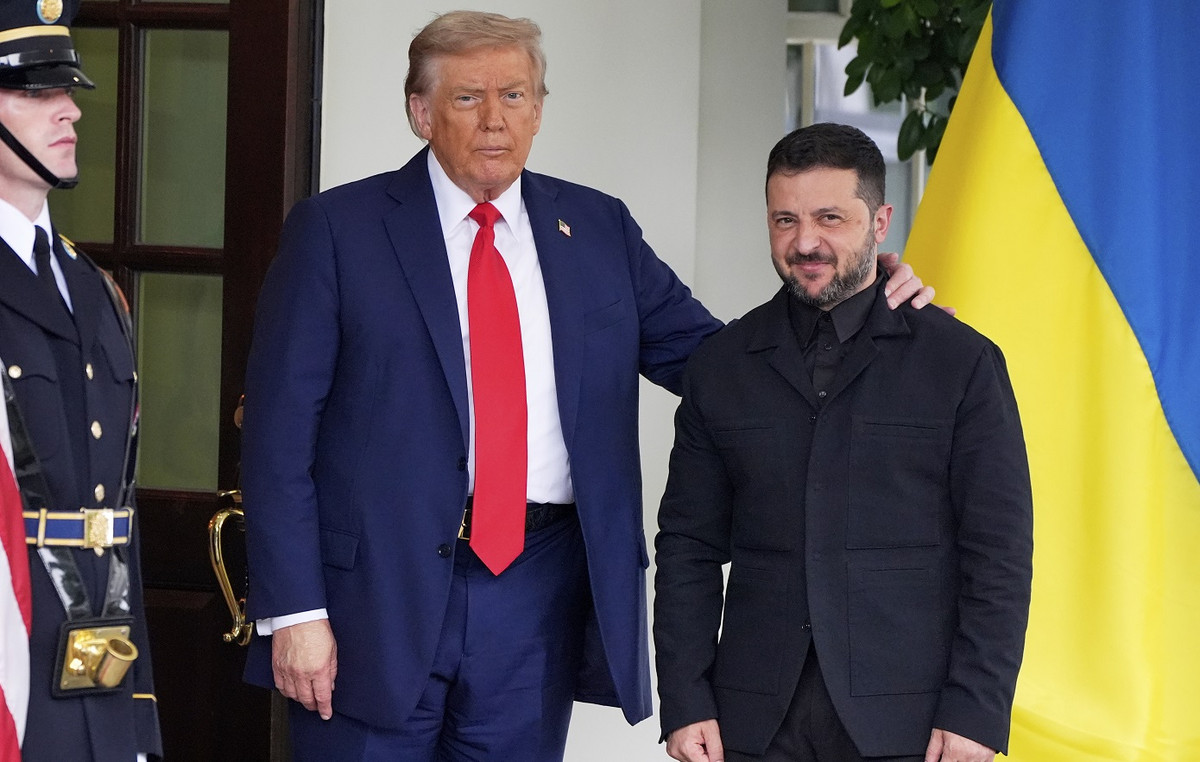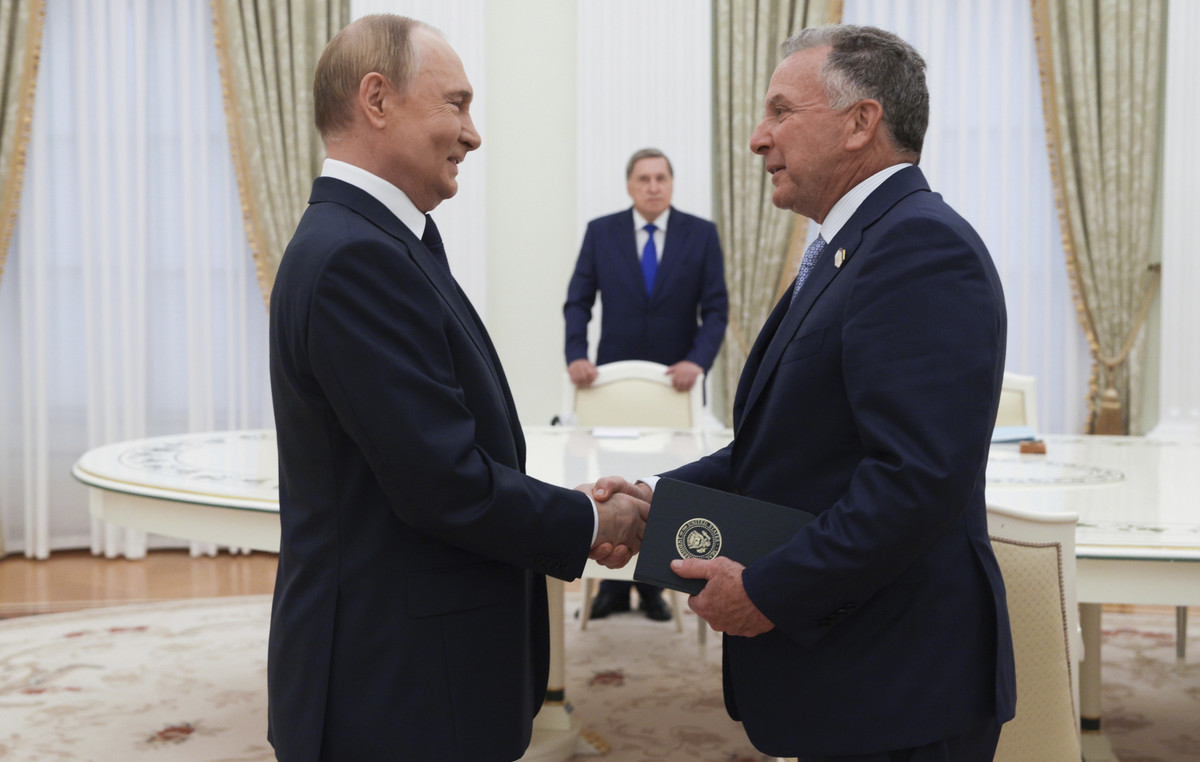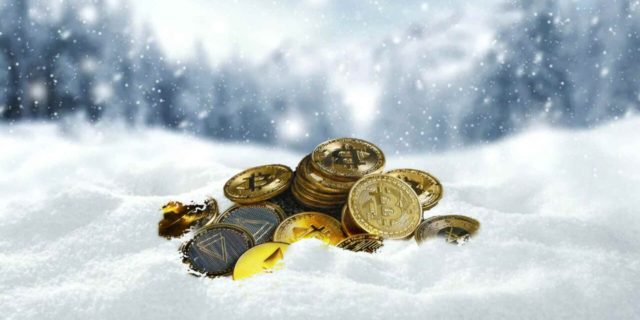My morning today (24) didn’t start with coffee. My husband, who works for an energy company, got a call from work just before sunrise. “The Russians are bombing us,” they told him.
We immediately heard distant explosions – probably the sound of shelling near Kiev-Boryspil International Airport in the capital. More terrible news followed. The Russians attacked Ukraine along its eastern and northern border, as well as from Crimea. There were air strikes on military infrastructure near major cities and intense fighting in eastern Ukraine.
Horrific news came from Kharkiv, also in eastern Ukraine, where the bombing damaged a residential building. An artillery shell also hit the city of Uman in central Ukraine, far from the borders and uncomfortably close to our home in Kiev. Meanwhile, Ukrainian authorities, who introduced martial law this morning, are preparing to evacuate civilians from the most dangerous spots.
Kiev is also facing a new reality. Many people left in the morning, causing traffic jams on the city’s exit roads heading south and west. We – my husband and my eight-year-old son – decided to stay. Watching the live broadcast of traffic on TV, we thought it would be safer if we stayed home. Especially considering that all the infrastructure in Kiev – electricity, internet, cellphone connection, subway – was still working fine.
It is now practically impossible to leave Kiev by car, due to road congestion. Still, we remain prepared. We pack the necessities – briefcase with documents, laptops and transport boxes for our three pet cats, in case we hear the bombing siren and we have to go to the bomb shelter.
With our bags packed, we now focus on our work. Kiev schools have already switched to online teaching (not that there was much mood for classes today), so my son had an unexpected day off. He doesn’t know what caused it and doesn’t seem worried – after all, random school closures have become the norm during the lockdown. He grabbed a chocolate chip cookie and went into the living room to watch Iron Man (his favorite superhero) while we stayed glued to our phones checking for updates from the war.
At the moment, my adult version of Iron Man is the Ukrainian army. It would not be an exaggeration to say that they are the shield between the civilized world and the Russian forces that threaten to destroy everything around them. This morning it was looking like a movie – but I can’t hit the “off” button.
Over the past few weeks I have received numerous offers of shelter from friends who live in the United States, Australia, Canada, Croatia, Poland, Slovenia and Hungary. They were opening their hearts and the doors of their homes. Knowing that we have that kind of safety net is comforting. But what is much more important now is to build a safety net for Ukraine.
That means asking the international community for help – diplomatic solutions, sanctions, pressure on Russia – anything that stops a dictator. It is now very clear that a country that attacks a peaceful neighbor constitutes a threat to the rest of the world. Ukraine urgently needs international support – through actions that lead to viable results.
In the meantime, Ukraine will remain strong. It is not the first time in our history that we have resisted a threatening empire. Over the last 100 years, we have survived Soviet-orchestrated famine, Gulags (labor camps where many people died) and attacks on Ukraine’s intellectual elites.
The independence that Ukraine gained in 1991 has always been a source of regret for the Russian leadership, especially Putin. In his apparent vision of restoring the Soviet empire, Ukraine is a key element. So, during the 30 years of our independence, Russia has always been disruptive: meddling in elections, poisoning pro-Western politicians, annexing Crimea, swallowing a part of Donbass. But try as we might, the Kremlin didn’t break us.
Putin denies Ukraine. He can write lunatic articles and make bizarre speeches claiming that there is no nation like Ukraine, that we are one people with the Russians. But we Ukrainians, unlike many Russians, have experienced freedom and have it in our DNA. We are different people.
Editor’s Note: Olesia Markovic is a PhD researcher at the Kiev-Mohyla National University Academy in Ukraine. Markovic is a former communications consultant for the International Finance Corporation and a foreign affairs reporter. The opinions expressed in this article are her own. Read more reviews on CNN.
Source: CNN Brasil
I’m James Harper, a highly experienced and accomplished news writer for World Stock Market. I have been writing in the Politics section of the website for over five years, providing readers with up-to-date and insightful information about current events in politics. My work is widely read and respected by many industry professionals as well as laymen.


